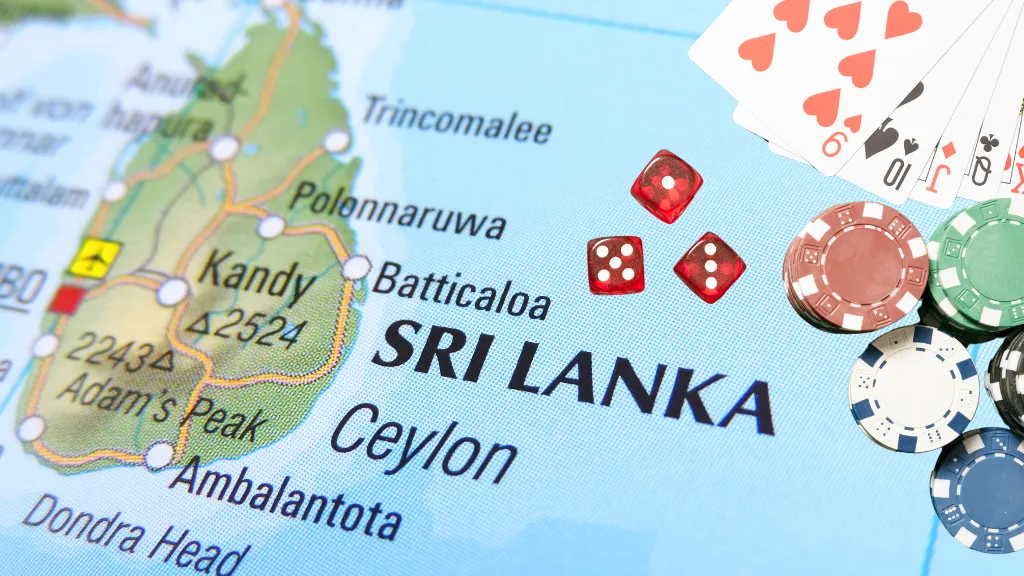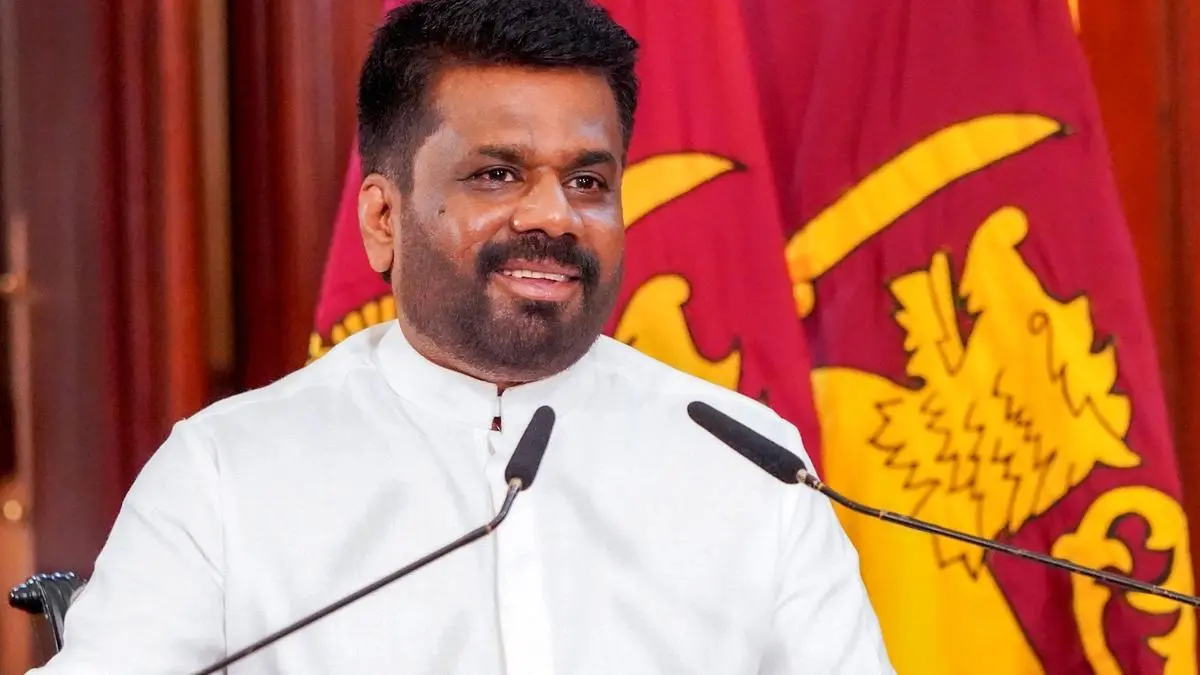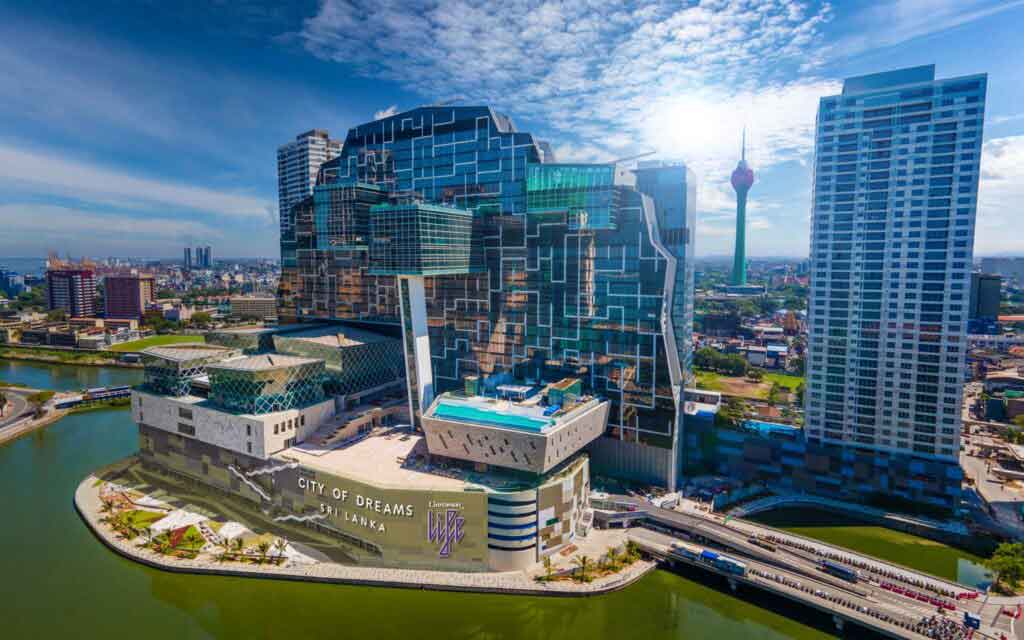
Sri Lanka’s 2025 budget has introduced a number of gaming-industry reforms designed to increase state revenue, one of which is a raised turnover tax (levy) on casinos. Under the new framework, licensed casinos will see the tax on their gross collections increase from 15% to 18%. At the same time, the entrance fee for local residents will be doubled from US$50 to US$100 per person.
President Anura Kumara Dissanayake, presenting his first budget, has emphasized that the country is operating under tight fiscal constraints following the debt default of 2022 and in cooperation with IMF guidance. The government’s broader strategy is to raise overall tax revenue (which had fallen to about 7.3% of GDP in earlier years) in order to meet IMF requirements and to stabilise Sri Lanka’s economy.

Some aspects of the reforms have generated concern among think tanks and industry observers, particularly around regulation and oversight. The Advocata think tank, for example, has called for a stronger, more independent gambling regulatory authority, arguing that current proposals lack adequate enforcement mechanisms, transparency in revenue reporting, and sufficient safeguards against misuse. Also under discussion are issues such as how casino collections are verified, ensuring table games and slot machines are correctly audited via technology, and aligning regulation with tourism-development objectives.
Looking ahead, the effect of these changes will depend on how casinos adjust their operations, how sensitive local patronage is to the higher entry fee, and how effectively the government can collect and monitor the increased levies. Large projects like City of Dreams Sri Lanka (a joint venture between John Keells Holdings and Melco Resorts & Entertainment) are part of this evolving landscape, as they are expected to open casino facilities in Q3 2025 and thus will be directly impacted by the new tax and fee structure. The balancing act for Sri Lanka will be in raising revenue without discouraging investment or undermining local participation.


 Content Writer: Janice Chew • Wednesday, 25/09/2025 - 22:21:39 - PM
Content Writer: Janice Chew • Wednesday, 25/09/2025 - 22:21:39 - PM